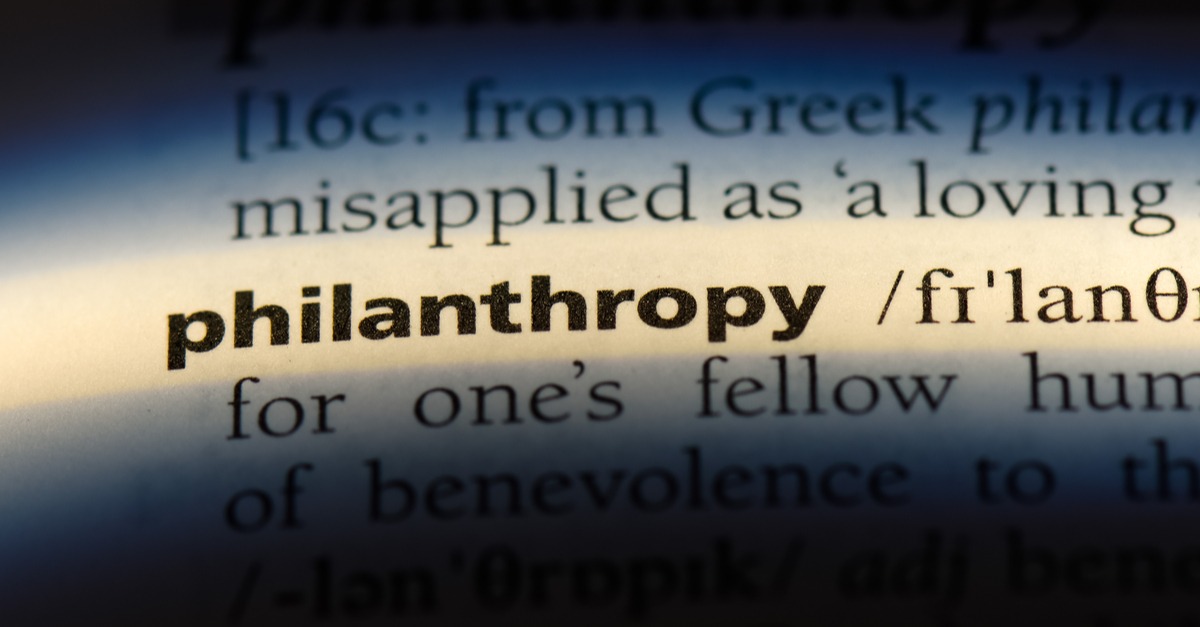Amid the COVID-19 crisis, entrepreneurs must overcome their condition and address not only the preservation of their own business but also the process of scaling it, tuning it to the new economic realities.
Giving society – and the economy – a part of their wealth is a necessity, not just a nice gesture or a way to get tax deductions. Private capital and its owners are one of the most effective weapons against economic decline.
The lesson of Warren Buffett and Bill Gates
In 2010, when they launched the Giving Pledge initiative, Warren Buffett, Bill, and Melinda Gates started from a simple statement related to the tens of billions they had in their accounts: no other financial additions or arrangements done to their assets would have brought extra welfare or happiness.
This is how the initiative started, which in the meantime, gathered around 200 billionaires as followers. Only last year, the total equity for the 200 contributors – including Mark Zuckerberg, Larry Ellison, or Elon Musk – reached almost $1 trillion (a thousand billion). And the total donations amounted to $500 billion.
The amount is very close to the $590 billion funding package agreed by the finance ministers of the European Union countries at the beginning of April 2020, for the COVID-19 recovery. We can see that a group of private individuals has a financial strength comparable to one of the world’s leading economic federations.
But what is also interesting is how the Giving Pledge works – the only necessary conditions are:
- to donate more than half of your wealth and
- claiming it publicly
The second condition eliminates the discussion of anonymous philanthropy and encourages donors to become public advocates for the causes they fund and support. Otherwise, they have the freedom to sponsor any initiative, from medical research to art, local or global, for the common good. They meet and exchange ideas; they can unite for the same actions or take on separate projects.
Why does it work?
The lax mechanism of Giving Pledge has proven to be successful and also provided a useful lesson, demonstrating that it suits the strengths that entrepreneurs have in their charitable endeavors:
- the ability to quickly and reliably analyze a situation, transforming the analysis into concrete strategies and their immediate materialization into actionable plans, realistic goal setting, and real-time performance evaluation
- quick, personal decisions based on priorities and future steps to be taken
- the ability to put righteous choices into action, translate abstract purposes into measurable goals on a medium and short term
- efficient feedback and control mechanisms, including adaptability to changes from forecasted situations
- special negotiation skills that have the entrepreneurial prestige of the donors as a starting point, but also their remarkable business practice
By comparison, as an example of a political “drawback”, in the COVID-19 crisis, US Republicans and Democrats can’t come to terms regarding the terminus point for the economic stimulus package. The former would like the funds to go to small businesses, while the latter would like a cash injection for the disadvantaged social categories and the health system.
Based on the negotiations taking place in the European Union, there is an evident opposition between the southern countries – severely affected by Coronavirus – and the northern countries, which are more interested in supporting the continental economy.
What conclusions can we draw from this?
Of course, seeing all of us equals to Bill Gates or Mark Zuckerberg would show a lack of common sense.
But seeing role models in famous entrepreneurs is desirable, especially since in Romania, local philanthropy, touted as both efficient and socially acclaimed until now, has been lacking so far, up to the point where the word “philanthropist” is strange or only used in literature.
From this point of view, it is useful referring to the precursors of great philanthropists of the moment – pioneers themselves – if we think of Andrew Carnegie or John D. Rockefeller. They preferred global initiatives over local ones. If Carnegie has physically built numerous institutions that he named after himself, Carnegie Hall being the best known, Rockefeller funded the solving of typical American problems, such as the education of women of color. We can take their example and act in the spirit of their philanthropic acts.
Even if our resources are scarce, let us reflect on the fact that John D. Rockefeller did his first charitable act at the age of 16, when he began his career as a humble accountant. He started with a donation equivalent to 6% of personal income and became what today we consider to be, after adding up all assets, the richest man of all time.
Steps towards the future
The entrepreneurial spirit is – by its nature – a gregarious one, that not only deals with the individual good but pursues, through economic movements, a greater good, more significant than the sum of its components. I believe that it is the moral duty of every entrepreneur worth his salt to return some of the benefits he enjoys back to the society that mediated the attraction of those benefits in the first place.
Philanthropy, through its very definition, is friendship or love for the people. What better time to express this friendship than in an economic crisis?
You can follow me on Twitter and LinkedIn


